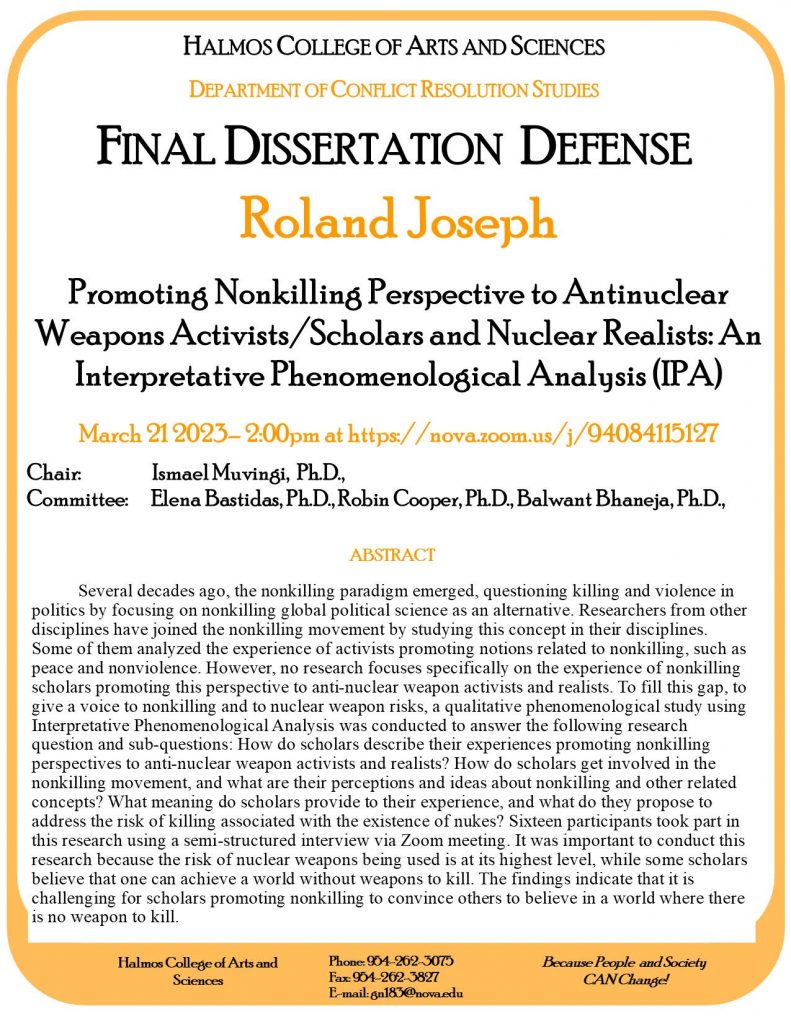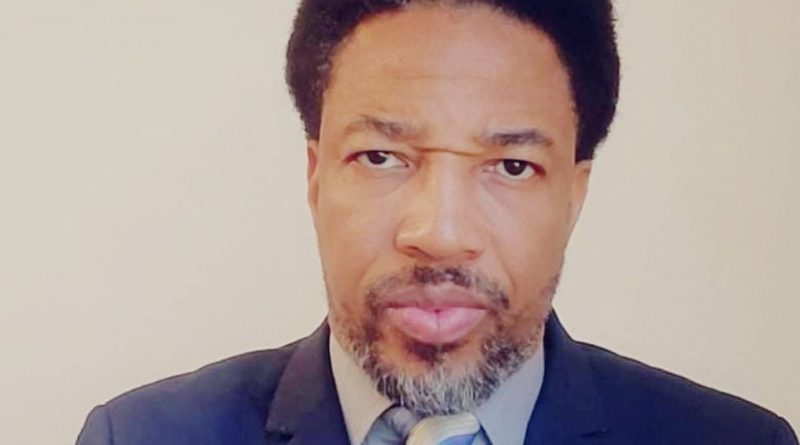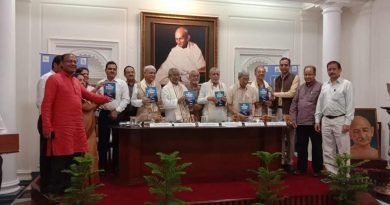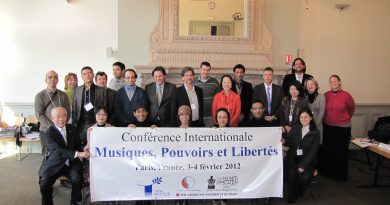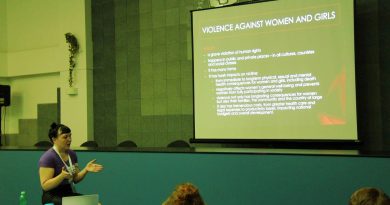The Challenges and Transformative Experiences of Promoting Nonkilling with Anti-Nuclear Weapon Activists and Realists
Roland Joseph successfully defended on March 21 a doctoral dissertation focusing on experiences promoting nonkilling perspectives to anti-nuclear weapon activists and realists. The dissertation “The Challenges and Transformative Experiences of Promoting Nonkilling with Anti-Nuclear Weapon Activists and Realists” also sought to understand how scholars get involved with nonkilling and what are their perspectives on denuclearization. The full text will soon be available online.
The dissertation was defended at Nova Southeastern University, in Florida, for a degree of Doctor of Philosophy in Conflict Analysis & Resolution, with a committee chaired by Professor Ismael Muvingi and including Dr. Elena Bastidas, Dr. Robin Cooper and Dr. Bill Bhaneja. Roland Joseph is a member of the Nonkilling Security Research Committee and has been involved with the Centre Caraïbéen pour la Non-Violence Globale et le Développement Durable (CCNGD), CGNK’s affiliate in Haiti.
The interpretation of the results of this research show that teaching nonkilling values or promoting the nonkilling paradigm can transform the behavior of those who believe that the existence of nuclear weapons can guarantee peace and international security, even if it was not easy for most of the participants in this study to convince the people with whom they interacted of the possibility of achieving a global society where there are no weapons including nuclear arsenals created to kill. The findings suggest that a nonkilling approach is one of the most appropriate alternatives to the existence of nukes whether from a practical or theoretical point of view.
The study provides conceptual and theoretical insights that can inspire nonkilling activists and scholars, anti-nuclear weapon activists, policymakers seeking an alternative to the existence of nuclear weapons, organizations promoting peace such as the United Nations, scholars in the field of peace and conflict resolution studies, etc.
Among other recommendations, the dissertation suggests that a comprehensive nonkilling education campaign with the participation of nonkilling experts and activists from all kinds of academic disciplines could inspire more people to engage in the movement to abolish nukes.
